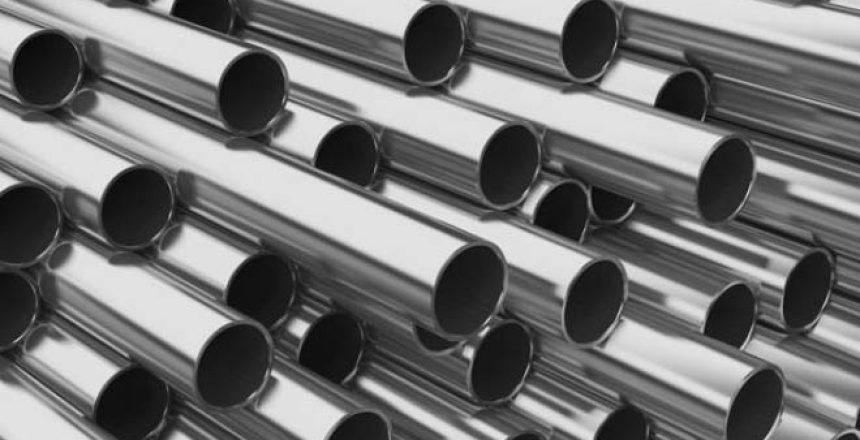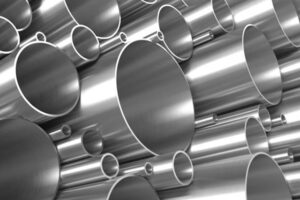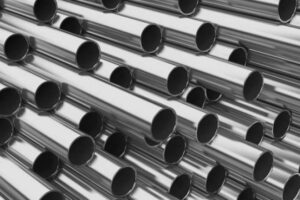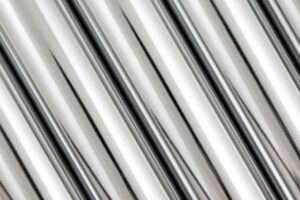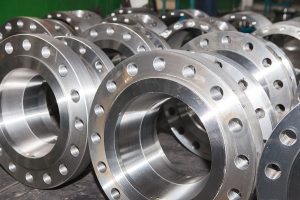Incoloy® Alloy 825 (UNS N08825) is a nickel-iron-chromium alloy with additions of molybdenum, copper, and titanium. The alloy’s chemical composition is designed to provide exceptional resistance to many corrosive environments. The nickel content of Alloy 825 is sufficient for resistance to chloride-ion stress corrosion cracking. The nickel, in conjunction with the molybdenum and copper, also gives outstanding resistance to reducing environments such as those containing sulfuric and phosphoric acids. the molybdenum also aids resistance to pitting and crevice corrosion. The alloy’s chromium content confers resistance to a variety of oxidizing substances such as nitric acid, nitrates, and oxidizing salts. The titanium addition serves, with an appropriate heat treatment, to stabilize The alloy against sensitization to intergranular corrosion.
The resistance of Alloy 825 to general and localized corrosion under diverse conditions gives The alloy broad usefulness. Applications include chemical processing, pollution control, oil, and gas recovery, acid production, pickling operations, nuclear fuel reprocessing, and handling of radioactive wastes. Applications for Alloy 825 are similar to those for Alloy 20.
Incoloy® Alloy 825 has good mechanical properties from cryogenic temperatures to moderately high temperatures. Exposure to temperatures above about 1000°F (540°C) can result in microstructural changes (phase formation) that significantly lower ductility and impact strength. For that reason, The alloy is not normally used at temperatures where creep-rupture properties are design factors. Alloy 825 has good impact strength at room temperature and retains its strength at cryogenic temperatures.
In both reducing and oxidizing environments, The alloy resists general corrosion, pitting, crevice corrosion, intergranular corrosion, and stress-corrosion cracking. Some environments in which Alloy 825 is particularly useful are sulfuric acid, phosphoric acid, sulfur-containing flue gases, sour gas and oil wells, and seawater.
Alloy 825 products are heat-treated during manufacturing at the mill to develop the optimum combination of stabilization, corrosion resistance, mechanical properties, and formability. To maintain these properties during fabrication, subsequent anneals should be performed between 1700 to 1800°F (930 to 980°C) followed by rapid air cooling or water quenching. Heat treatment in the lower end of the range is acceptable for stabilization. However, annealing at temperatures in the higher end of this range may be preferred for softness and grain structure for forming and deep-drawing while maintaining corrosion resistance. Quenching is usually not necessary for parts of a thin cross-section (e.g., sheet, strip, and wire), but maybe desired to avoid sensitization in products of a heavier cross-section.

